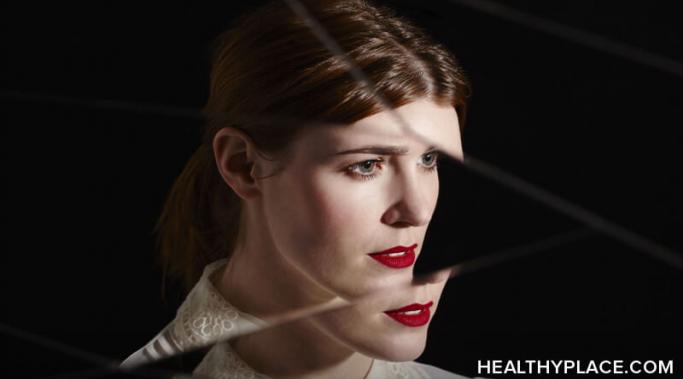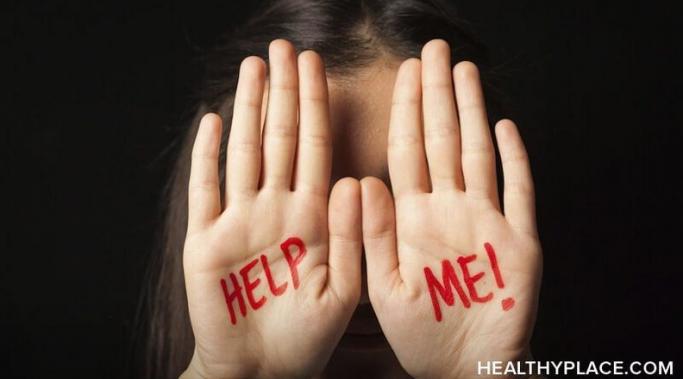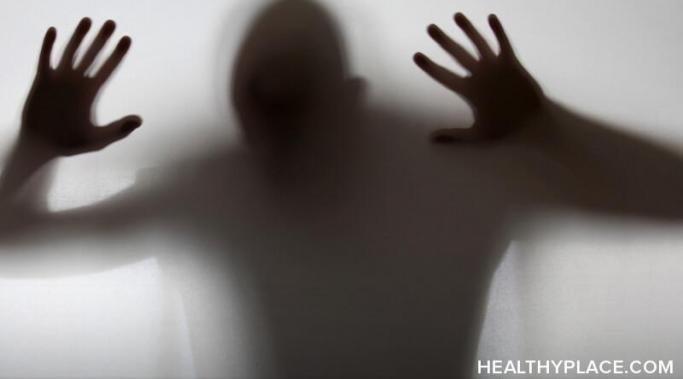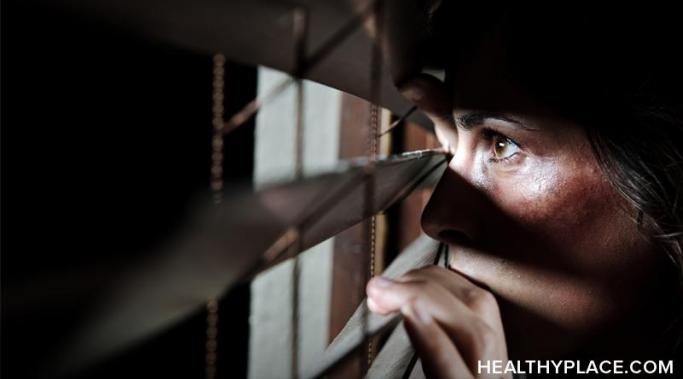It's one thing to recognize examples of gaslighting abuse in a relationship, but it can be difficult to know how to respond. Part of the problem with gaslighting abuse is that if it were easy to spot, it wouldn't be so effective. The reason these abuse tactics are so insidious is because gaslighters expose themselves gradually, but not without first discovering what makes us tick. As gaslighting abuse targets, we need to understand why and how gaslighters work to get us under their thumb so we can figure out how to respond. You will learn some examples of gaslighting abuse and how to respond to it if you keep reading.
Verbal Abuse Videos
Verbal abuse and the codependent love addict often go hand in hand. There are several different types of love addicts such as the obsessive love addict, the sex addict, the relationship addict, the codependent love addict and the narcissistic love addict. Some of the different types even complement one another like magnets with opposite charges, an obvious attraction with a force difficult to interrupt. The codependent love addict pairs both painfully and perfectly with the narcissistic love addict. Verbal abuse is a routine offense for a narcissist in a relationship and accepting abuse is typical for a codependent love addict. Discovering the signs and symptoms of a codependent love addiction may be illuminating as well as an important step toward recovery.
Violence and verbal abuse against women are romanticized in many Hollywood movies, but perhaps none so blatantly as in Fifty Shades of Grey. Unsurprisingly, given the story originated from Twilight fan fiction, the popular erotic novel and subsequent movie smacks of emotional abuse. What are the real-life effects of movies that romanticize abuse against women?
Most people think physical violence is more dangerous than verbal abuse in a relationship, but this is a misconception. It's why we often hear well-meaning advice such as, "If an abuser's behavior turns violent, it's time to leave." But should it have to get to this point before the abused person walks away? Emotional abuse and physical violence are not mutually exclusive -- in fact, one is usually a precursor to the other. So, let's explore the psychological side effects of verbal abuse, some of which have dangerous implications.
Think you've spotted the early warning signs of verbal abuse in your relationship? If so, you're not alone. I was in a volatile, abusive partnership for two years before I identified the signs, and by then the damage was already done. Like me, you probably know that any form of emotional abuse is insidious and highly destructive. You understand that this kind of psychological trauma can lead to depression, self-harm and even physical violence in a relationship. Unlike me, however, perhaps you can spot the warning signs of verbal abuse early on and put an end to the vicious cycle.
My name is Emily J. Sullivan and I’m thrilled to join the HealthyPlace blogging team as the newest author of the Verbal Abuse in Relationships blog. My earliest friendships and my first dating experiences were rampant with dysfunction. Con men, mean girls, gaslighters, and narcissists have always found their way into my heart. I’m not sure if it’s because I could always see the good in people or if I was an easy target. Whatever the reason, I spent years of my life in relationships and friendships with people who have been able to emotionally overpower me with verbal abuse. Verbal abuse can mentally cripple a person, diminish their self-worth, and alienate them from the loving relationships in their lives.
If your verbal abuser is a narcissist, what are the signs? As we know, it's important to spot the signs of verbal abuse early on in a relationship. However, recognizing the issue is only part of the process; gaining insight into your verbally abusive relationship can be the start of the emotional healing process, but how do you begin to understand it? There are many complex reasons why verbal abuse happens, but personality disorders are among the most common. Realizing you're in a verbally abusive relationship with a narcissist can be a real light-bulb moment, so what are the signs?
One of the questions many abuse victims will ask themselves is, "Is it my job to warn my abuser's new girlfriend of his behavior?" And I must admit, this has stumped me every time it's been brought up in the comments section of a Verbal Abuse in Relationships blog post. When my abusive boyfriend broke up with me, I swiftly deleted him from all of my social media accounts. We also lived in different cities, so when he did meet someone else I didn't know about it until months afterward. But when the inevitable photos of him with other women found their way into my news feed, I couldn't help wondering if it was my job to warn my abuser's new girlfriend of what he was capable of.
How can you recognize verbal abuse disguised as a joke? Here's the thing: a loving partner will never call you ugly or stupid, even as a joke. A respectful husband or wife won't ever deliberately put you down in front of other people for a laugh. That's because it's not funny, it's verbal abuse thinly disguised as a joke.
I’m Emma-Marie Smith, and I’m proud to be joining the Verbal Abuse in Relationships blog here at HealthyPlace. A few years ago, I met a man who was charming, intelligent, and good looking. My family liked him, my friends liked him, and he did all the things a good boyfriend does. He bought me flowers, left love notes under my pillow, and was always proud to introduce me to his friends and colleagues — but that wasn’t the whole story. The verbal abuse began weeks into our relationship and lasted for almost two years.









